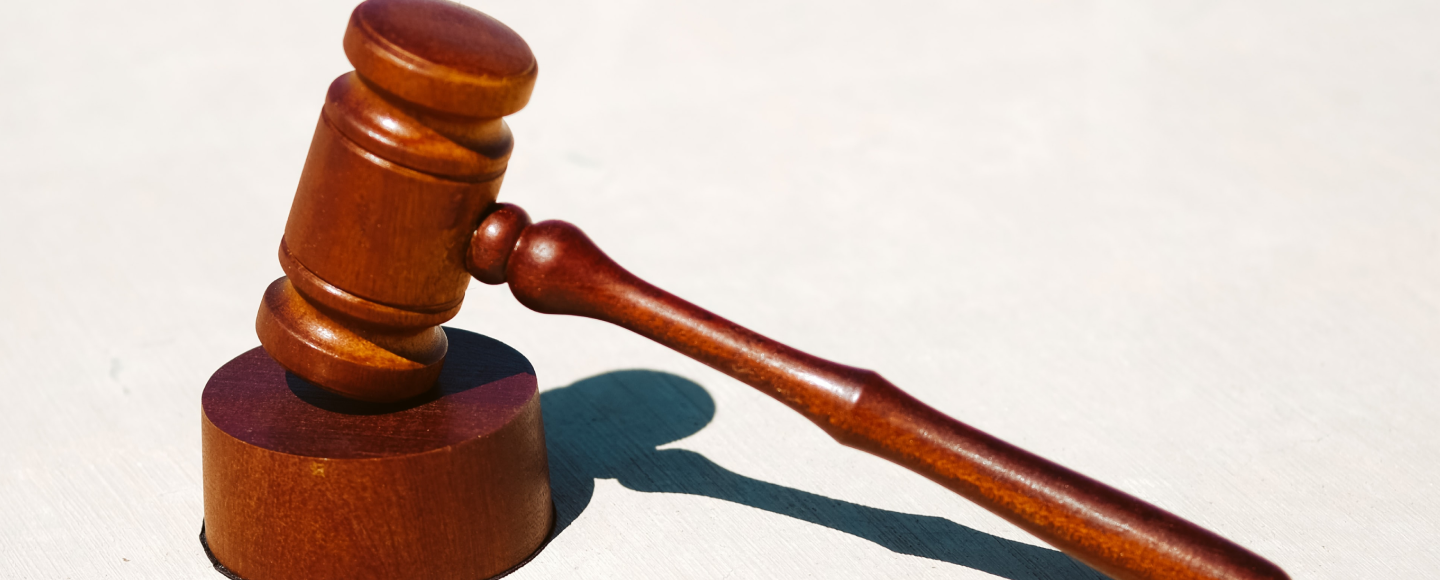Continued from previous post:
Rule #3: You do not have to blow into a portable/handheld breathalyzer unit, and you almost certainly should not. Many people mistakenly believe that if an officer asks an individual suspected of driving while impaired, or driving after drinking alcohol, that the driver is required to blow into the portable breathalyzer on the scene. In fact, the driver is not required to blow, and it is almost always against the interest of the driver to comply with that request. When an officer asks a suspect to blow into a portable breathalyzer, he or she is trying to develop sufficient evidence to support the person’s arrest. A driver is not obligated to help the police make their case. No matter how friendly the officer conducting the investigation may be, the officer is not trying to help you. The officer is trying to build a case on which to convict you of a crime.
NOTE: This applies only to the handheld/portable breathalyzer unit that officers frequently carry in their squad cars, which in North Carolina is called an “Alco-Sensor.” I will discuss the non-portable breathalyzer machine (in NC, the Intoxilyzer EC/IR II) at the police station in a subsequent post, with respect to which a driver’s rights are quite different.







